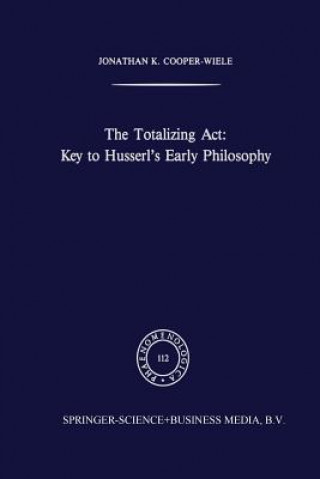
Code: 02185085
Totalizing Act: Key to Husserl's Early Philosophy
by J.K. Cooper-Wiele
The Origins of Husserl's Totalizing Act At noon on Monday, October 24th, 1887, Dr. Edmund G. Husserl defended the dissertation that would qualify him as a university lecturer at Halle. Entitled "On the Concept of Number," it was w ... more
- Language:
 English
English - Binding: Paperback
- Number of pages: 150
Publisher: Springer, 2013
- More about this

186.38 €

Low in stock at our supplier
Shipping in 10 - 14 days
Potřebujete více kusů?Máte-li zájem o více kusů, prověřte, prosím, nejprve dostupnost titulu na naši zákaznické podpoře.
Add to wishlist
You might also like
-

First English Words (Incl. audio)
13.31 € -22 % -

SPiN 2: Workbook
25.93 € -

Inventions and Official Secrecy
106.76 € -

Ausstellungsarbeit im Kunstunterricht
47.32 € -7 % -
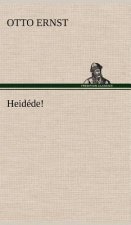
Heidede!
53.68 € -

Smuggler's Song
4.53 € -
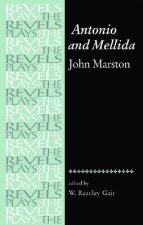
Antonio and Mellida
18.46 €
Give this book as a present today
- Order book and choose Gift Order.
- We will send you book gift voucher at once. You can give it out to anyone.
- Book will be send to donee, nothing more to care about.
More about Totalizing Act: Key to Husserl's Early Philosophy
You get 467 loyalty points
 Book synopsis
Book synopsis
The Origins of Husserl's Totalizing Act At noon on Monday, October 24th, 1887, Dr. Edmund G. Husserl defended the dissertation that would qualify him as a university lecturer at Halle. Entitled "On the Concept of Number," it was written under Carl Stumpf who, like Husserl, had been a student of Franz Brentano. In this, his first published philosophical work, Husserl sought to secure the foundations of mathematics by deriving its most fundamental concepts from psychical acts.! In the same year, Heinrich Hertz published an article entitled, "Con cerning an Influence of Ultraviolet Light on the Electrical Discharge." The article detailed his discovery of a new "relation between two entirely different forces," those of light and electricity. Hermann von Helmholtz, whose theory guided Hertz's initial research, called it the "most important physical discovery of the century," and Hertz became an immediate sensation. He lectured on his discovery in 1889 before a general session of the German Association meeting in Heidelberg. In this lecture that, as he wrote beforehand to Emil Cohn, he was deter mined should not be "entirely unintelligible to the laity," Hertz explained that light ether and electro-magnetic forces were interdependent. He went on to tell his audience that they need not expect their senses to grant them access to these phenomena. Indeed, he said, the latter are not only insusceptible of sense perception, but are false from the standpoint of the senses.
 Book details
Book details
Book category Books in English Humanities Philosophy History of Western philosophy
186.38 €
- Full title: Totalizing Act: Key to Husserl's Early Philosophy
- Author: J.K. Cooper-Wiele
- Language:
 English
English - Binding: Paperback
- Number of pages: 150
- EAN: 9789401075121
- ISBN: 9401075123
- ID: 02185085
- Publisher: Springer
- Weight: 260 g
- Dimensions: 235 × 155 × 10 mm
- Date of publishing: 21. March 2013
Trending among others
-

Meditations
10.69 € -13 % -

Aphorisms on Love and Hate
3.52 € -23 % -

Why I Am so Clever
3.93 € -15 % -

The Myth of Sisyphus
8.06 € -

Meditations
14.93 € -6 % -

Meditations
21.38 € -14 % -
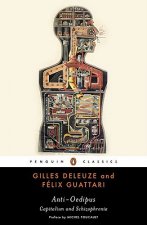
Anti-Oedipus
19.06 € -20 % -

Letters from a Stoic
12.40 € -13 % -

Twilight of the Idols with The Antichrist and Ecce Homo
5.44 € -26 % -

Discourses and Selected Writings
10.89 € -23 % -

Simulacra and Simulation
18.76 € -17 % -
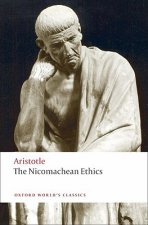
Nicomachean Ethics
11.19 € -3 % -

Myth of Sisyphus
11.09 € -22 % -
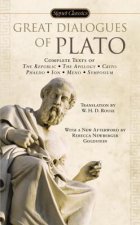
Great Dialogues Of Plato
8.47 € -

The Symposium
9.27 € -24 % -
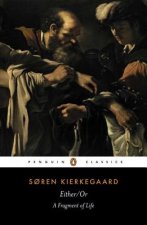
Either/Or
19.47 € -
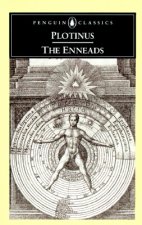
Enneads
15.23 € -28 % -

Beelzebub's Tales to His Grandson
20.17 € -28 % -

Things Hidden Since the Foundation of the World
31.38 € -14 % -

Phenomenology of Spirit
34.91 € -
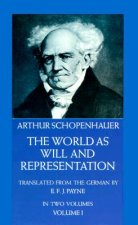
World as Will and Representation, Vol. 1
25.42 € -11 % -

Fear and Trembling
11.09 € -22 % -
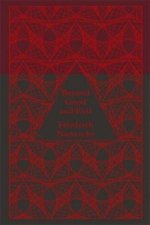
Beyond Good and Evil
15.23 € -20 % -
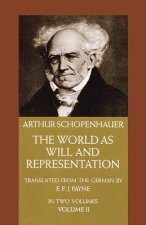
World as Will and Representation, Vol. 2
25.93 € -15 % -
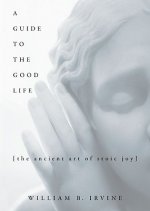
Guide to the Good Life
18.96 € -3 % -

Thus Spoke Zarathustra
25.32 € -11 % -

Thousand Plateaus
30.16 € -7 % -

Proper Study Of Mankind
25.62 € -27 % -

Socrates' Defence
3.42 € -3 % -

Think
12.30 € -22 % -
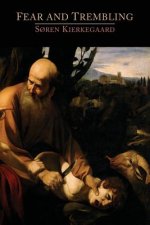
Fear and Trembling
9.27 € -

Difference and Repetition
27.84 € -8 % -

Problems of Philosophy
10.79 € -28 % -

Beginning of Western Philosophy
51.86 € -
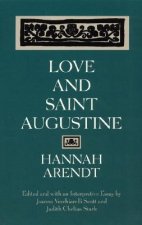
Love and Saint Augustine
17.65 € -23 % -
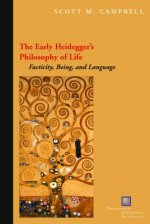
Early Heidegger's Philosophy of Life
42.07 € -

Madness and Civilization
20.58 € -14 % -
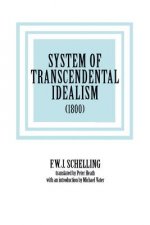
System of Transcendental Idealism
34.91 € -
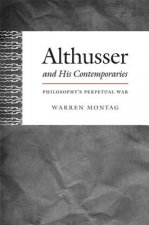
Althusser and His Contemporaries
30.67 € -5 % -
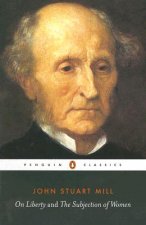
On Liberty and the Subjection of Women
9.78 € -36 % -
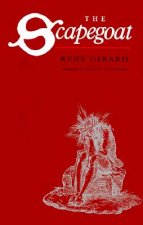
Scapegoat
34.30 € -
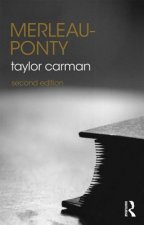
Merleau-Ponty
32.49 € -
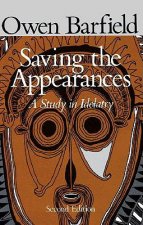
Saving the Appearances
22.60 € -
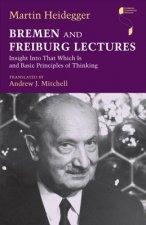
Bremen and Freiburg Lectures
41.87 € -

Machiavelli's Virtue
20.88 € -12 % -

Plato's Persona
91.32 € -

Gay Science
12.71 € -21 % -
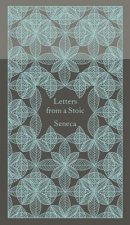
Letters from a Stoic
15.23 € -20 % -

Nausea
11.09 € -22 %
Collection points Bratislava a 2642 dalších
Copyright ©2008-24 najlacnejsie-knihy.sk All rights reservedPrivacyCookies


 15549 collection points
15549 collection points Delivery 2.99 €
Delivery 2.99 € 02/210 210 99 (8-15.30h)
02/210 210 99 (8-15.30h)